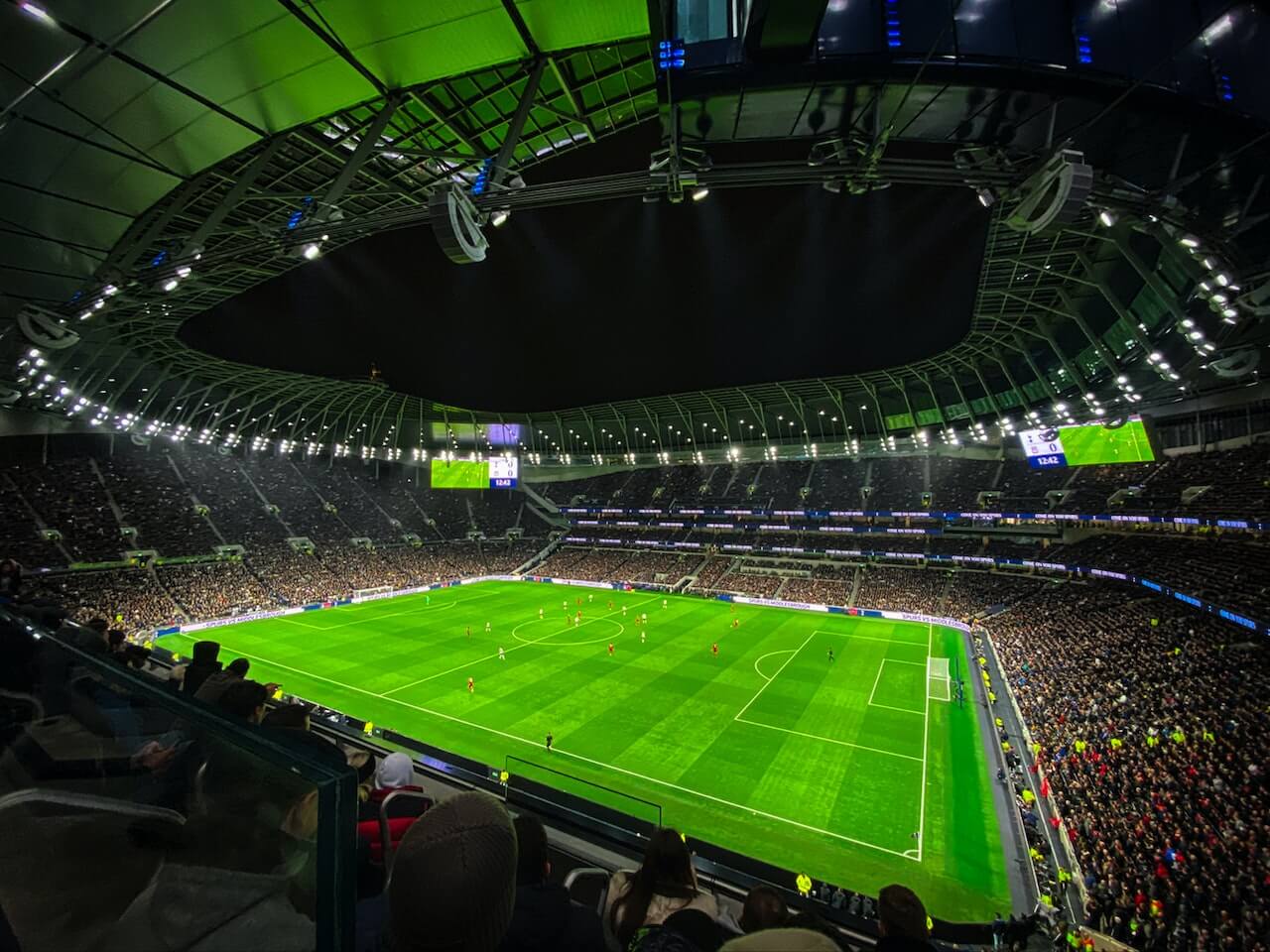Soccer is one of the most popular sports in the world, and it’s played by millions of people of all ages and skill levels. One of the most common questions people ask about soccer is how long a game lasts. The answer to this question is not as straightforward as you might think, as there are several different factors that can affect the length of a soccer game.
In general, a soccer game lasts for 90 minutes. This is divided into two halves of 45 minutes each, with a 15-minute break in between. However, there are some important exceptions to this rule. For example, in some youth leagues, games may be shortened to 60 or 70 minutes to accommodate younger players who may not have the stamina to play a full 90-minute game. Additionally, in some professional leagues, games may be extended by a few minutes to allow for stoppage time, which is added to the end of each half to account for time lost due to injuries, substitutions, and other delays.
Understanding how long a soccer game lasts is important for players, coaches, and fans alike. By knowing the basic structure of a soccer game, you can better appreciate the strategies and tactics that teams use to try to win. Whether you’re a seasoned soccer player or a casual fan, knowing the ins and outs of the game will help you get the most out of your experience.
Regulation Time
Soccer is a game that is played in two halves, each lasting 45 minutes. This means that the total regulation time for a soccer game is 90 minutes. However, it is important to note that this is just the basic regulation time and there are instances where the game can go beyond the 90 minutes.
During the regulation time, the clock runs continuously, and the referee has the power to add any extra time that may have been lost due to injuries or other stoppages. This extra time is commonly known as stoppage or injury time, and it is usually added at the end of each half.
It is also worth noting that if the game ends in a tie at the end of regulation time, there may be extra time or a penalty shootout to determine the winner. Extra time is usually played in two halves of 15 minutes each, and if the game is still tied after extra time, a penalty shootout will be used to determine the winner.
Extra Time
Extra time is an additional period of play that can be added to a soccer game if the score is tied at the end of regulation time. The length of extra time can vary depending on the competition and the rules in place.
In most professional soccer games, extra time is typically 30 minutes, split into two 15-minute halves. However, in some competitions, such as the World Cup, the length of extra time can be extended to 30 minutes per half.
During extra time, the rules of the game remain the same as in regulation time. The only difference is that if a team scores a goal during extra time, they are declared the winner of the game.
It’s important to note that not all soccer games have extra time. In some competitions, such as certain domestic cup competitions, a tied game at the end of regulation time will go straight to a penalty shootout to determine the winner.
Overall, extra time is an exciting and tense period of play that can often decide the outcome of a soccer game.
Halftime Break
Halftime is a crucial part of any soccer game. It’s a short break that allows players to rest, hydrate, and strategize for the second half of the game. The length of the halftime break varies depending on the level of play.
In professional soccer games, the halftime break usually lasts for 15 minutes. During this time, players leave the field and head to the locker room to discuss game tactics with their coach. They also have the opportunity to change into dry uniforms and rehydrate with water or sports drinks.
In youth soccer games, the halftime break is typically shorter, lasting only 5 to 10 minutes. This shorter break is due to the fact that younger players have less endurance and may not require as much time to rest and recover.
It’s important to note that the halftime break is not only beneficial for the players, but also for the fans. It gives them a chance to stretch their legs, grab some refreshments, and use the restroom before the second half of the game begins.
Overall, the halftime break is an essential part of any soccer game. It allows players to rest and regroup, which can ultimately lead to a better performance in the second half of the game.
Factors That Can Affect Game Length
While the standard length of a soccer game is 90 minutes, there are several factors that can affect the actual length of the game. Some of these factors include:
- Stoppage Time: Stoppage time, also known as injury time, is added to the end of each half to account for time lost due to injuries, substitutions, and other factors. The amount of stoppage time can vary depending on the referee’s discretion and can add several minutes to the game.
- Number of Substitutions: Each team is allowed to make up to three substitutions during a game. Substitutions can take time, especially if a player is injured or if the team is using the opportunity to make tactical changes.
- Weather Conditions: Extreme weather conditions such as heavy rain or snow can cause delays and stoppages in play, which can add time to the game.
- Referee Decisions: Referees have the authority to stop play for various reasons, such as fouls, injuries, or misconduct. These stoppages can add time to the game, especially if the referee needs to consult with other officials or review video footage.
It’s worth noting that while these factors can affect the length of a game, they are not necessarily predictable. A game that is expected to be short could end up being longer due to unexpected stoppages or delays, while a game that is expected to be long could end up being shorter if there are few stoppages or substitutions.
Conclusion
After examining the various factors that can affect the length of a soccer game, it can be concluded that the standard duration of a soccer game is 90 minutes, divided into two halves of 45 minutes each. However, the actual time of play can vary depending on factors such as stoppage time, injury time, and time-wasting tactics used by teams.
It is important to note that soccer games can also be extended if there is a tie, as extra time and penalty shootouts may be required to determine a winner. Additionally, international matches may have longer breaks between halves due to halftime entertainment or national anthems.
Overall, while the standard duration of a soccer game is 90 minutes, the actual time of play can vary depending on various factors. Understanding these factors can help fans and players alike better appreciate and enjoy the game of soccer.







